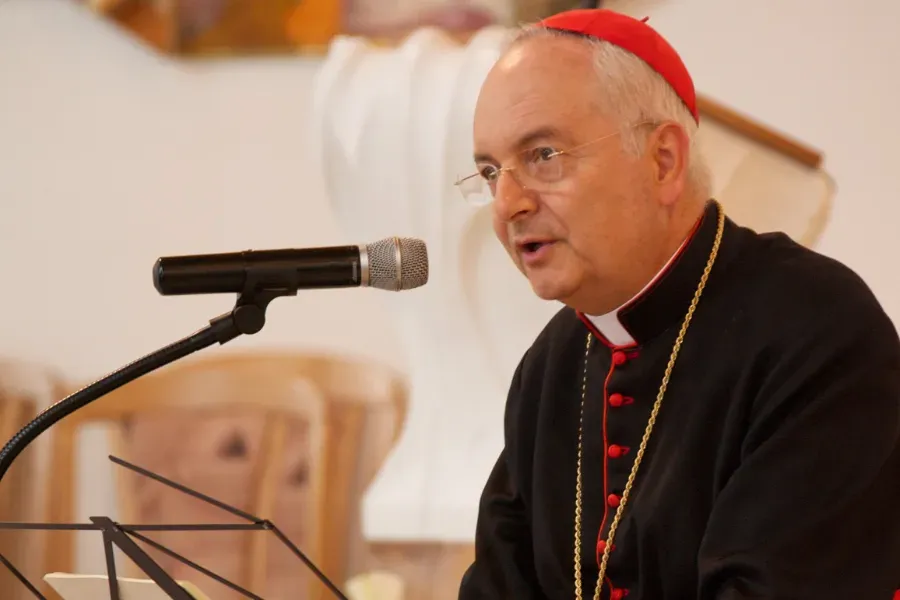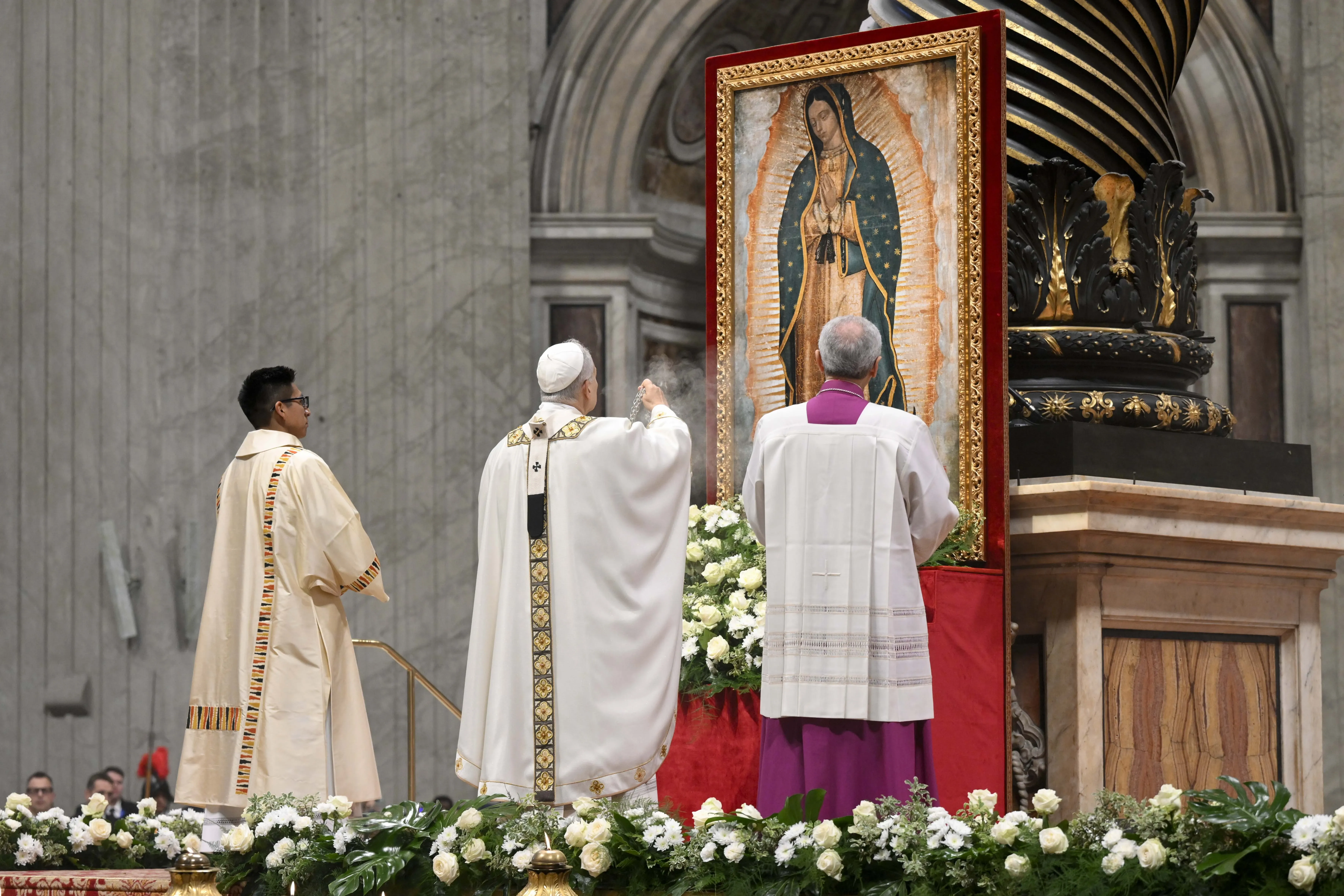The prolonged period of the pandemic means that even more confessors will have to exercise “the ministry of consolation,” itself another name for mercy. At the same time, they must make themselves available for confession, the cardinal said.
“Our being present and available will encourage the faithful who want to approach reconciliation or who, upon seeing us, receive from us some supernatural insight,” he continued. “Someone takes action and converts only for a presence, never for an absence!”
The faithful can also draw spiritual support from the Virgin Mary, he alluded: “The light of the Immaculate Conception, on the path that leads to Holy Christmas, is reflected and renews the fruitfulness of the Advent journey and reassures hearts in a time that is certainly not easy for the life of all men.”
The Christian faith does not proclaim a god who is “alien” or “distant” from human affairs, Piacenza said. Rather, “God has chosen to reveal himself, to enter history, to become a participant in the human story, to save us from within this story itself.” God does this “by remaining in time, through the mystery of the Church and of her identity and sacramental action.”
The “saving uniqueness of Christ” makes salvation possible and real, he said: “if Jesus of Nazareth were not the only one Savior, there simply would be no salvation.”
“The ministry of reconciliation is called to proclaim this salvific uniqueness, in circumstances in which the ‘disorienting cries’ multiply and, paradoxically… the thirst for truth and justice, the thirst for real freedom and liberation, grows in men,” the cardinal continued.
The confessor must help reveal “ the presence of the Lamb of God in the world.” The confessor-priest, through the sacrament of Holy Orders, is also called to identify with this presence. Through the power of Jesus Christ to forgive sins, each confessor extends “the very mission of Jesus: to reconcile men in God, in justice and in truth, which in God the Father is called Mercy.”
“What mission can you imagine is more necessary and urgent for humanity?” the cardinal asked. “If the evil of the world is always in a certain way linked to sin, what can be done that is more useful and necessary than to ‘free from the evil’ done, through the ministry of reconciliation?”
“In the hidden exercise of this precious ministry, ignored and even attacked by a world so secularized that it no longer understands its own nature and essential needs, the confessor knows well that he is participating in the only authentic revolution: that of mercy and goodness, of truth, and of justice. The ‘revolution of love’ inaugurated by Jesus Christ who revealed to us that God himself is Love,” Piacenza continued.
“Outside of a clear Christ-centered perspective, every saving promise is a utopia, a functional distraction from power and a lie that comes from the deceiver,” he said. “Only personal conversion to Christ builds the Church and the world.”







